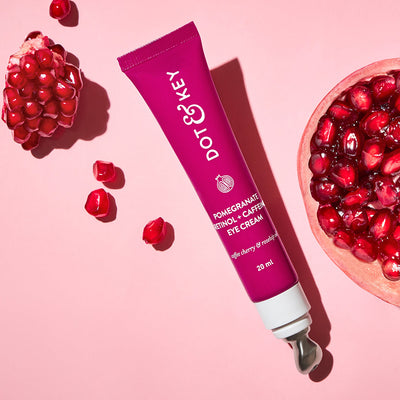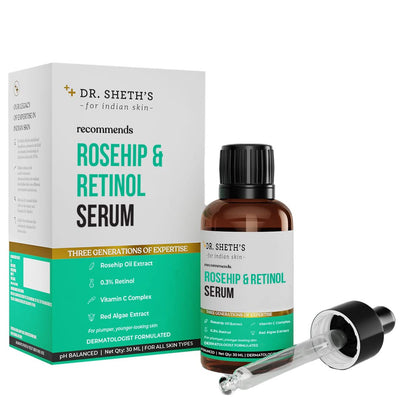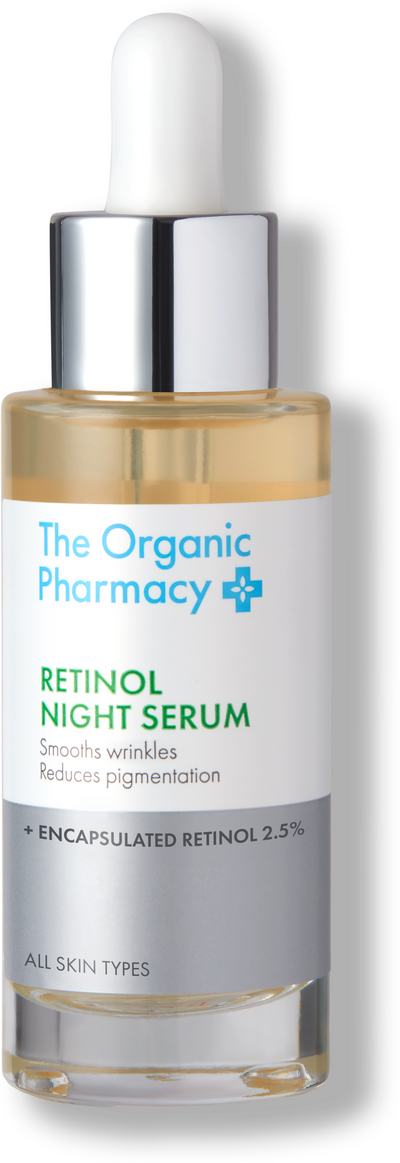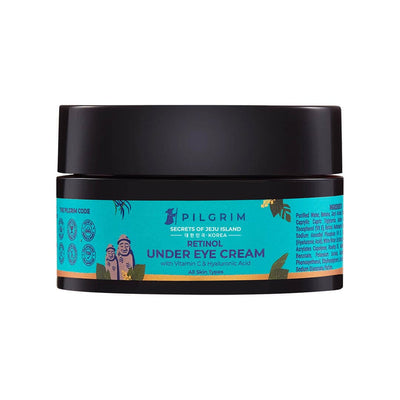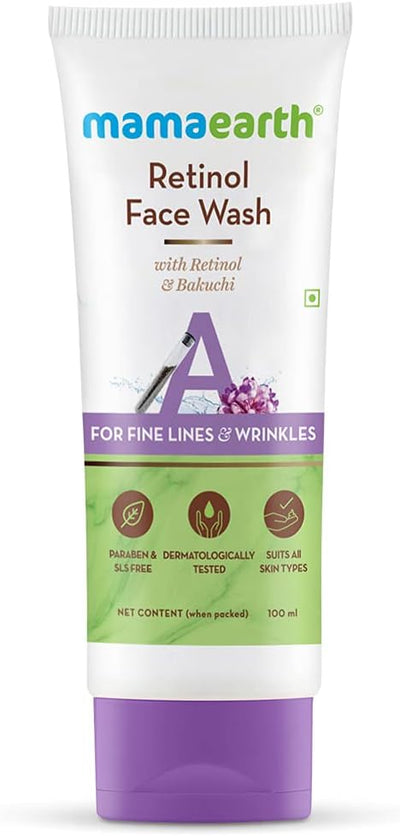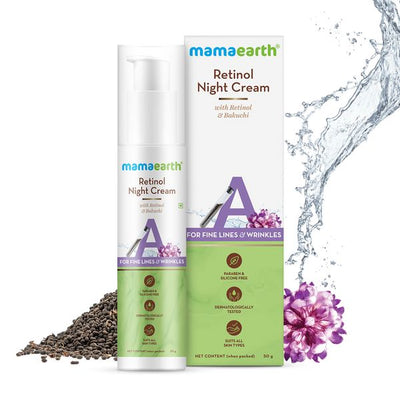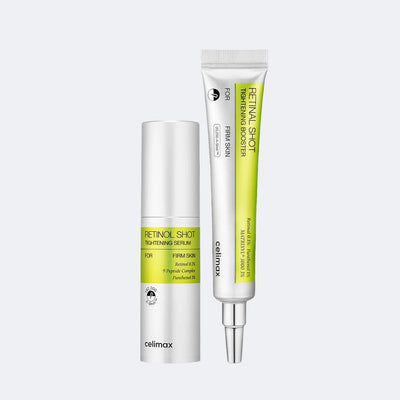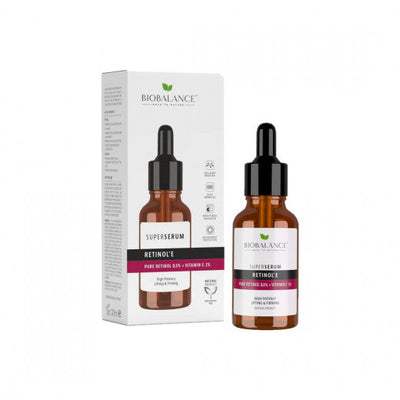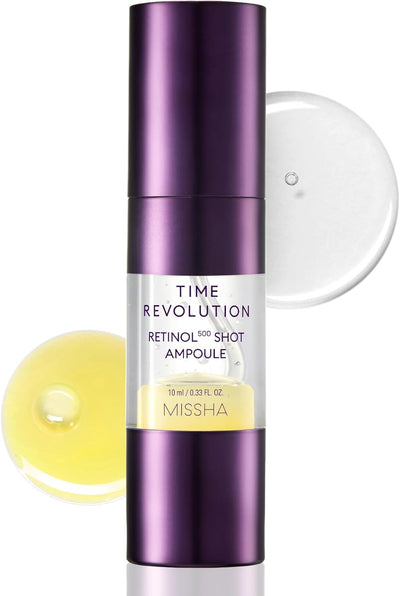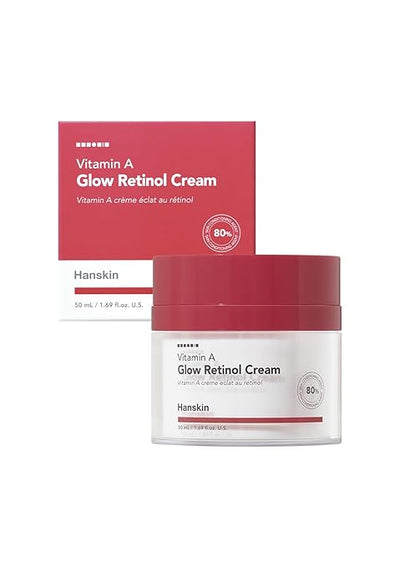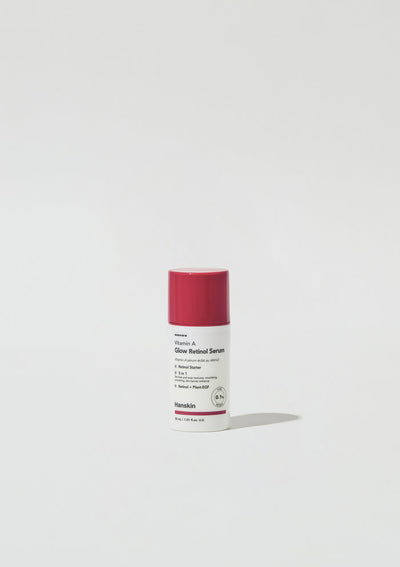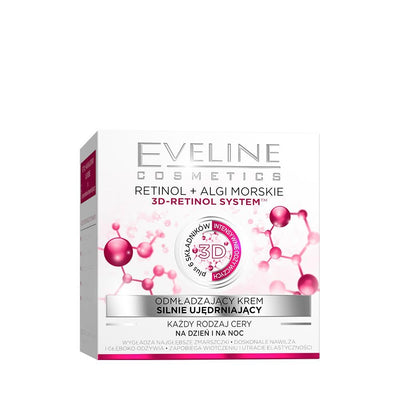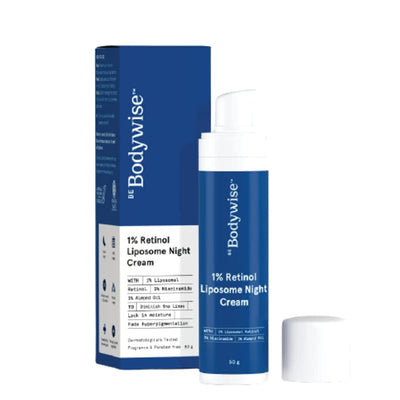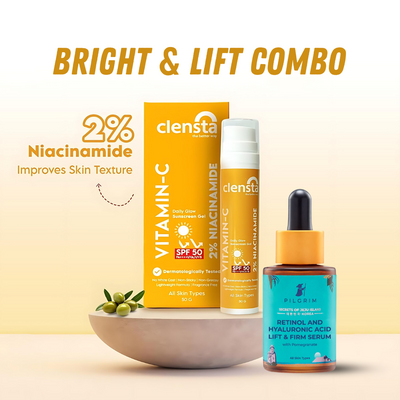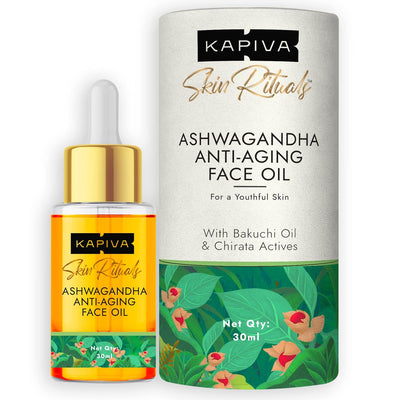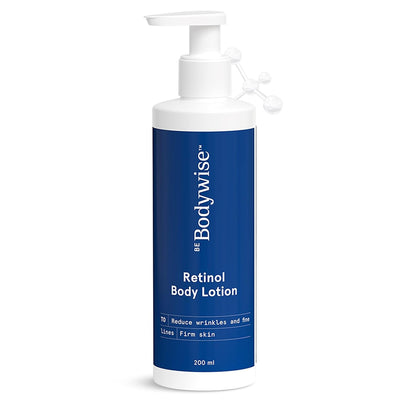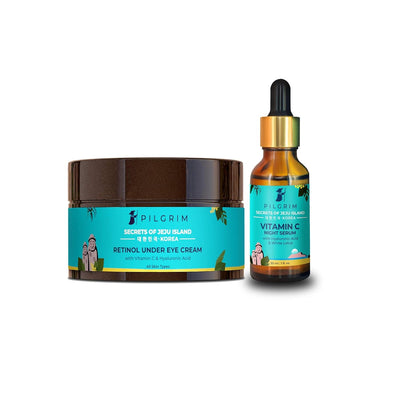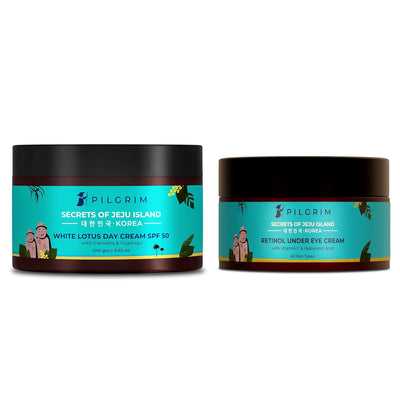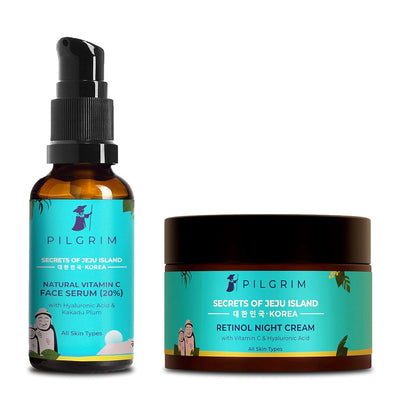-
2.500 KD
-
3.630 KD2.690 KD -
7.350 KD5.880 KD -
6.420 KD
-
3.350 KD2.480 KD -
5.130 KD2.480 KD -
2.800 KD2.080 KD -
5.350 KD
-
31.000 KD20.480 KD -
9.650 KD
-
6.470 KD4.800 KD -
7.000 KD
-
11.050 KD
-
10.450 KD
-
10.450 KD
-
12.240 KD
-
28.000 KD
-
NOTIFY ME
4.630 KD4.000 KD -
NOTIFY ME2.450 KD
-
NOTIFY ME2.470 KD
-
NOTIFY ME
14.350 KD10.630 KD -
NOTIFY ME
6.100 KD3.840 KD -
NOTIFY ME2.380 KD
-
NOTIFY ME14.380 KD
-
NOTIFY ME5.640 KD
-
NOTIFY ME
7.480 KD5.790 KD -
NOTIFY ME
16.000 KD12.240 KD -
NOTIFY ME25.000 KD
-
NOTIFY ME21.000 KD
-
NOTIFY ME8.000 KD
-
NOTIFY ME14.230 KD
-
NOTIFY ME21.760 KD
-
NOTIFY ME4.000 KD
-
NOTIFY ME6.000 KD
-
NOTIFY ME12.000 KD
-
NOTIFY ME15.600 KD
-
NOTIFY ME
9.390 KD5.000 KD -
NOTIFY ME
7.200 KD4.000 KD -
NOTIFY ME4.000 KD
-
NOTIFY ME
14.530 KD8.000 KD -
NOTIFY ME
11.770 KD9.000 KD -
NOTIFY ME
25.780 KD20.630 KD -
NOTIFY ME7.870 KD
-
NOTIFY ME14.000 KD
-
NOTIFY ME9.720 KD
Trending Now
Popular Products
 27% OFF
27% OFF
- Home
- Country
- Health Goals
- Health Goals
- Immunity
- Men's Wellness
- Multivitamin
- Proteins
- Weight Management
- Korean skincare
- Collagens
- Digestion/Gut Health
- Sports Nutrition
- Body Care
- Intimate Hygiene
- Bone Health
- Joint Health
- Stress Relief
- Sleep Support
- Energy
- Heart Health
- Hair, Skin & Nails
- Kids Health
- Fish Oils & Omega
- Magnesium
- Shilajit for women
- Brands
- Brands
- Hayejin
- Arata
- Wellbeing Nutrition
- AVOGAIN - Avalon
- Manuka Health
- Sun Warrior
- InfiniWell
- Redcon1
- Tru Niagen
- Nature's Truth
- O.R.S
- Prime
- Kapiva
- AADAR
- AQUALOGICA
- Ayuvigo
- Dr. Sheth’s
- Beautywise
- Burnlab
- By Wishtrend
- Calypso
- Dabur
- Klairs
- DECODE
- Doublewood
- Elete
- GHC
- GIOVANNI
- HAIRTAMIN
- Hayejin
- Humantra
- I'm From
- Iunik
- Just Herbs
- Kapiva
- Lotus
- MAMAEARTH
- mCaffeine
- Nutrigold
- Panchamrit
- Pee Safe
- PILGRIM
- Panchamrit
- Plix
- Power Gummies
- Revital
- REVIVAL
- Ruby's
- Sugarbear
- SUNSHINE NUTRITION
- TruNativ
- Ultimate
- Undry
- Valeo
- VANSAAR
- Vedapure
- Wellbeing Nutrition
- Wow Science
- Yumi
- Color Cupid
- Good Vibes
- Wow Skin Science
- The Organic Pharmacy
- Mad Hippie
- Fast & Up
- Upakarma
- BBlunt
- Clensta
- Offers
- Men's Health
- Cosmetics
- Haircare
- Skincare
- Blogs
- Blogs
- Shilajit: The Complete Guide (Benefits, Uses, Dosage & Side Effects)
- Collagen: The Complete Guide (Types, Benefits, Uses & Side Effects)
- How to Take Collagen: Dosage, Best Time & Consumption Tips
- How to Take Shilajit: Dosage, Best Time & Consumption Tips
- How to Identify Pure Shilajit: Buying Guide & Fake vs Real
- How to Identify High-Quality Collagen Supplements (Buying Guide)
- All Blogs
Health Goals
- Immunity
- Men's Wellness
- Multivitamin
- Proteins
- Weight Management
- Korean skincare
- Collagens
- Digestion/Gut Health
- Sports Nutrition
- Body Care
- Intimate Hygiene
- Bone Health
- Joint Health
- Stress Relief
- Sleep Support
- Energy
- Heart Health
- Hair, Skin & Nails
- Kids Health
- Fish Oils & Omega
- Magnesium
- Shilajit for women
Brands
- Hayejin
- Arata
- Wellbeing Nutrition
- AVOGAIN - Avalon
- Manuka Health
- Sun Warrior
- InfiniWell
- Redcon1
- Tru Niagen
- Nature's Truth
- O.R.S
- Prime
- Kapiva
- AADAR
- AQUALOGICA
- Ayuvigo
- Dr. Sheth’s
- Beautywise
- Burnlab
- By Wishtrend
- Calypso
- Dabur
- Klairs
- DECODE
- Doublewood
- Elete
- GHC
- GIOVANNI
- HAIRTAMIN
- Hayejin
- Humantra
- I'm From
- Iunik
- Just Herbs
- Kapiva
- Lotus
- MAMAEARTH
- mCaffeine
- Nutrigold
- Panchamrit
- Pee Safe
- PILGRIM
- Panchamrit
- Plix
- Power Gummies
- Revital
- REVIVAL
- Ruby's
- Sugarbear
- SUNSHINE NUTRITION
- TruNativ
- Ultimate
- Undry
- Valeo
- VANSAAR
- Vedapure
- Wellbeing Nutrition
- Wow Science
- Yumi
- Color Cupid
- Good Vibes
- Wow Skin Science
- The Organic Pharmacy
- Mad Hippie
- Fast & Up
- Upakarma
- BBlunt
- Clensta
Retinol
Buy Retinol in Kuwait – Anti-Aging, Renewal & Skin Glow
Healthy, youthful, and radiant skin starts with the right skincare routine — and Retinol in Kuwait is one of the most trusted ingredients for anti-aging and skin renewal. With Kuwait’s warm climate, sun exposure, and urban pollution, retinol helps fight signs of aging, fade dark spots, and enhance overall skin texture for both men and women.
At GetKuwa.com, explore a wide range of retinol serums, creams, and night treatments from globally trusted skincare brands. With fast delivery across Kuwait and Cash on Delivery (COD), achieving smoother, younger-looking skin has never been more convenient.
What is Retinol?
Retinol is a form of Vitamin A known for its powerful skin-renewing and anti-aging properties. It boosts collagen production, accelerates cell turnover, and helps reduce wrinkles, pigmentation, and acne.
Retinol is used to:
-
Minimize fine lines and wrinkles
-
Fade dark spots and pigmentation
-
Improve skin texture and firmness
-
Control acne and reduce breakouts
-
Brighten dull, tired skin
Types of Retinol Products in Kuwait
Different formulations cater to various skin types and concerns:
-
Retinol Serums – Lightweight, fast-absorbing for daily anti-aging care
-
Retinol Creams & Moisturizers – Provide hydration while reducing wrinkles
-
Retinol Eye Creams – Gentle formulations for dark circles and fine lines
-
Retinol Oils – Nourishing blends for dry and sensitive skin
-
Retinol Night Creams – Intensive renewal while you sleep
-
Retinol + Hyaluronic Acid – Dual-action for anti-aging and hydration
-
Beginner Retinol (0.1–0.3%) – Perfect for first-time users
-
Advanced Retinol (1%) – For experienced users seeking stronger results
Why Buy Retinol from GetKuwa in Kuwait?
✔ 100% authentic, dermatologist-approved brands
✔ Wide range of retinol serums, creams & eye treatments
✔ Suitable for all skin types — normal, oily, dry & sensitive
✔ Formulated for Kuwait’s climate and lifestyle
✔ Paraben-free, sulfate-free & dermatologist-tested options
✔ Fast delivery across Kuwait City, Salmiya, Hawally, Fahaheel, & Jahra
✔ Cash on Delivery (COD) available
✔ Special combos & skincare kits for complete routines
Benefits of Retinol Products
Regular use of retinol provides:
-
Reduced fine lines, wrinkles, and dark spots
-
Improved skin firmness and elasticity
-
Refined pores and smoother texture
-
Controlled acne and breakouts
-
Bright, even-toned and youthful complexion
-
Long-term collagen boost and anti-aging support
Key Features & Unique Benefits
| Feature | Details |
|---|---|
| Anti-Aging | Reduces wrinkles, lines & age spots |
| Cell Renewal | Speeds up skin cell regeneration |
| Brightening | Fades pigmentation & dullness |
| Pore Refinement | Smoothens uneven texture |
| Acne Control | Clears clogged pores & breakouts |
| Hydration Boost | Formulas with Hyaluronic Acid for moisture |
| Safe Formulations | Dermatologist-tested, suitable for daily use |
| Kuwait-Wide Delivery | Fast shipping with COD |
How to Use Retinol in Kuwait
-
Start Slow: Apply 2–3 times per week at night
-
After Cleansing: Apply a pea-sized amount on clean, dry skin
-
Moisturize: Follow with a hydrating cream to reduce dryness
-
SPF is a Must: Always wear sunscreen in the morning
-
Avoid Mixing: Don’t mix with AHAs/BHAs or Vitamin C initially
⚠️ Tip: Begin with low concentrations and gradually increase as your skin adapts.
Dos & Don’ts
✔ Apply only at night
✔ Always pair with SPF during the day
✔ Store in a cool, dark place
✔ Use gentle cleansers and hydrating creams
✘ Don’t overuse — can cause dryness or irritation
✘ Avoid during pregnancy without medical advice
✘ Don’t layer with strong acids or exfoliants
Who Can Benefit from Retinol?
-
Women and men seeking anti-aging and smoother skin
-
Individuals with acne-prone skin and dark spots
-
People exposed to the sun and pollution
-
Anyone wanting bright, youthful, and even-toned skin
-
Beginners looking to start an effective anti-aging routine
Safety & Side Effects
Retinol is dermatologist-approved and safe when used correctly.
-
Mild dryness or flakiness may occur initially
-
Always start with a low concentration and apply moisturizer
-
Choose authentic products from GetKuwa for safe results
Where to Buy Retinol in Kuwait?
Shop online at GetKuwa.com for the best range of retinol products, including:
-
Retinol serums, creams, and eye treatments
-
Dermatologist-formulated anti-aging blends
-
Gentle formulas for beginners and sensitive skin
-
Delivery across Kuwait City, Salmiya, Hawally, Fahaheel & Jahra
-
Cash on Delivery (COD) available
Frequently Asked Questions (FAQ)
1. Can beginners use retinol?
Yes, start with a low concentration (0.1–0.3%) and gradually increase.
2. Should I use retinol daily?
Start 2–3 times a week, then move to daily use once skin adjusts.
3. Can I use retinol with Vitamin C?
Not together — use Vitamin C in the morning and Retinol at night.
4. Is retinol suitable for oily skin?
Yes, retinol helps regulate oil and minimize pores.
5. Can retinol be used for acne scars?
Yes, it reduces post-acne marks and improves skin texture over time.
Conclusion
Retinol is a powerful skincare ingredient that rejuvenates, brightens, and transforms your skin with consistent use. Whether you’re targeting wrinkles, pigmentation, or acne, GetKuwa offers the best retinol serums, creams, and night treatments in Kuwait — trusted by dermatologists and loved by customers.
Explore the complete Retinol Collection at GetKuwa.com and enjoy fast delivery with Cash on Delivery (COD) across Kuwait City, Salmiya, Hawally, Fahaheel, and Jahra.
- Choosing a selection results in a full page refresh.

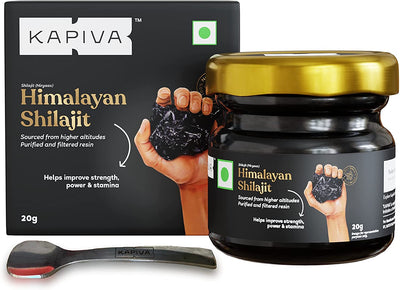
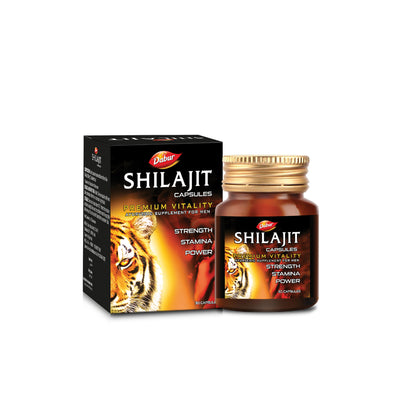
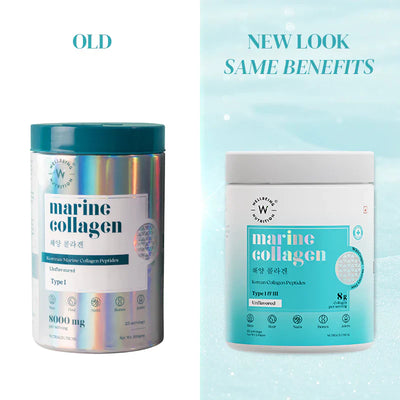
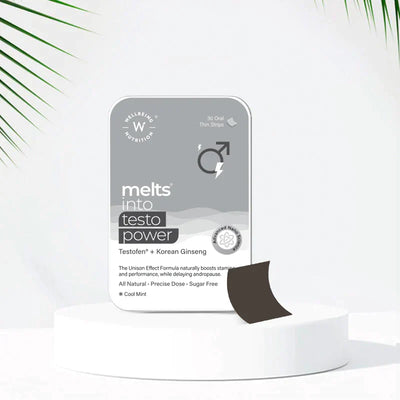
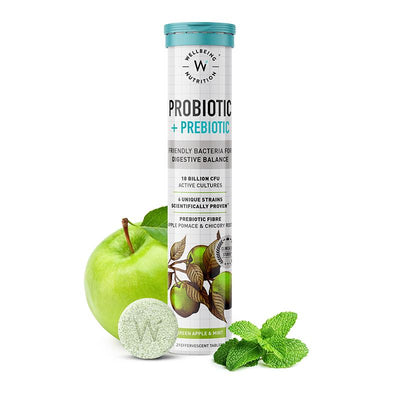
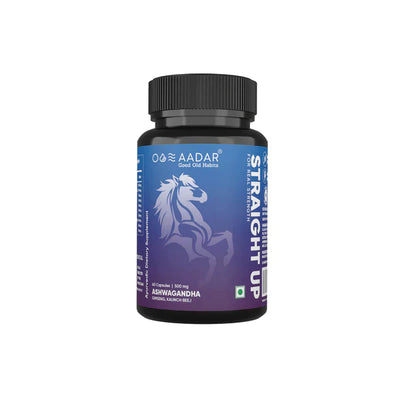
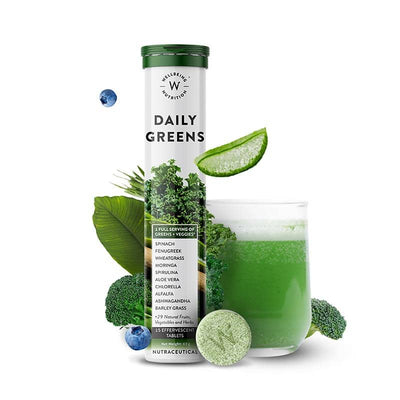
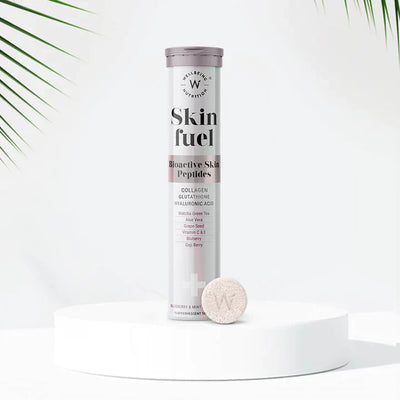
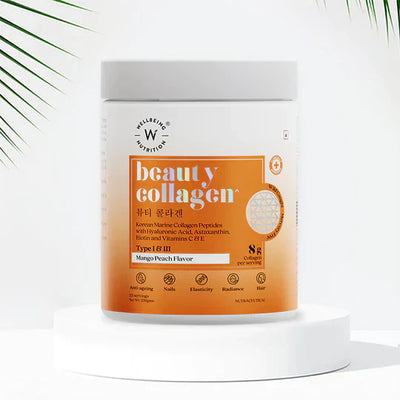



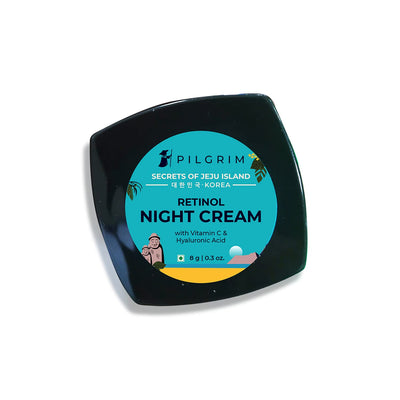
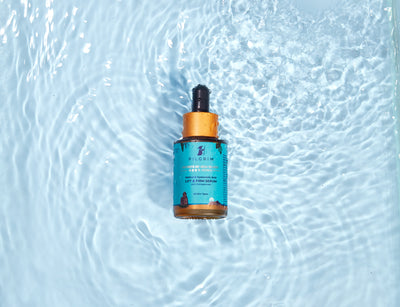



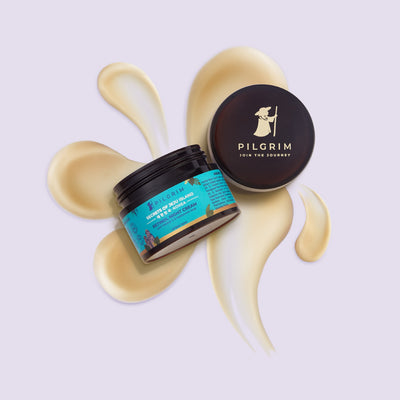



![PURITO Timeless Bloom Retinol Spot Cream [30ml]](http://kw.getkuwa.com/cdn/shop/files/30_400x.jpg?v=1757403113)
